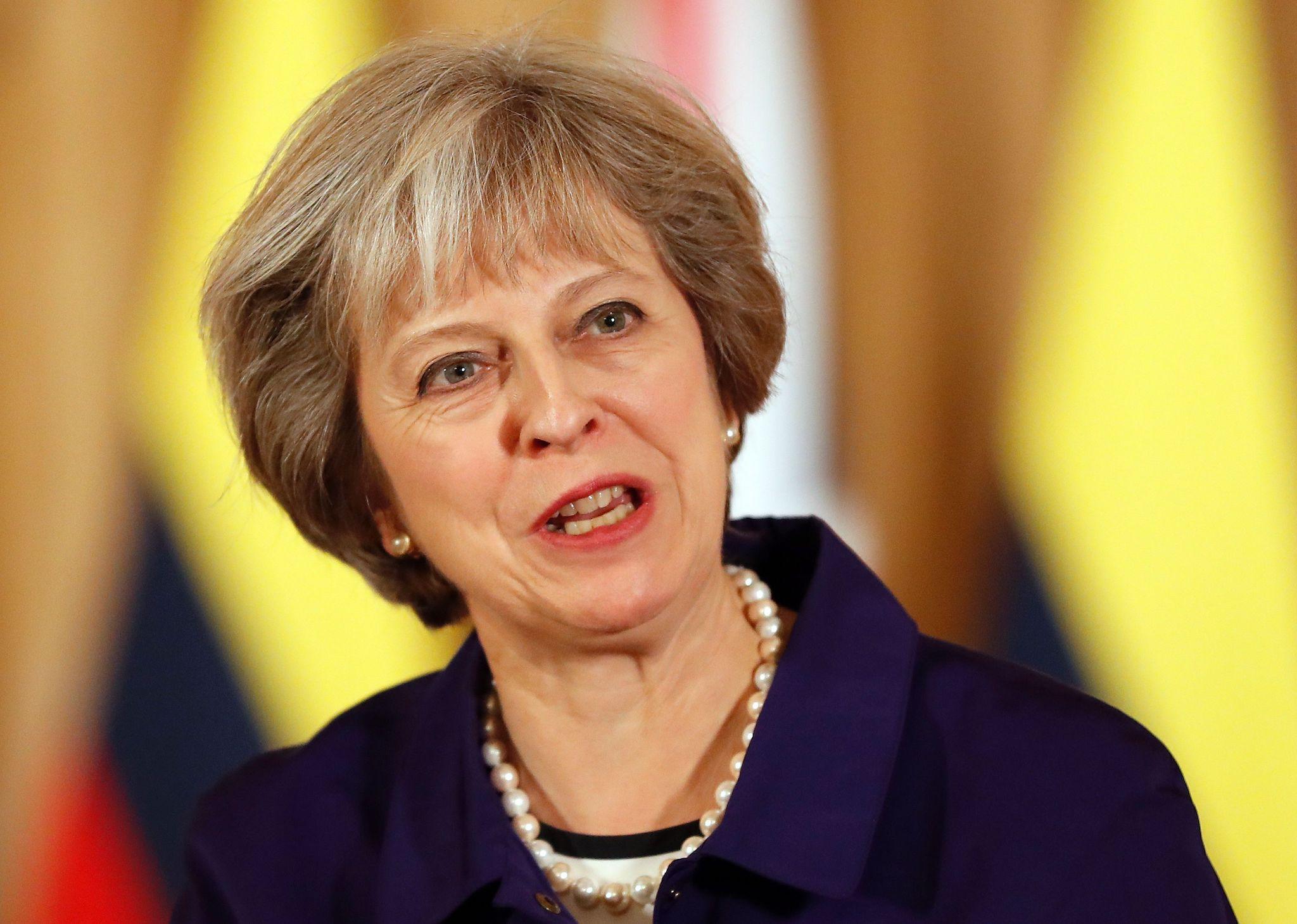Brussels demands EU citizens in UK for five years get permanent right to stay as Brexit stance toughens
Brussels will demand all EU citizens who have lived in the UK for five years acquire permanent residence rights

Your support helps us to tell the story
From reproductive rights to climate change to Big Tech, The Independent is on the ground when the story is developing. Whether it's investigating the financials of Elon Musk's pro-Trump PAC or producing our latest documentary, 'The A Word', which shines a light on the American women fighting for reproductive rights, we know how important it is to parse out the facts from the messaging.
At such a critical moment in US history, we need reporters on the ground. Your donation allows us to keep sending journalists to speak to both sides of the story.
The Independent is trusted by Americans across the entire political spectrum. And unlike many other quality news outlets, we choose not to lock Americans out of our reporting and analysis with paywalls. We believe quality journalism should be available to everyone, paid for by those who can afford it.
Your support makes all the difference.The EU has toughened its Brexit negotiating stance as two of the bloc’s most senior figures head to Downing Street to meet Theresa May.
A new sentence in the European Council’s draft negotiating guidelines to be approved at a summit this weekend, indicates Brussels will demand all EU citizens who have lived in the UK for five years acquire permanent residence rights.
The Prime Minister will receive EU Commission President Jean-Claude Juncker and his chief Brexit negotiator Michel Barnier for dinner at No 10 on Wednesday evening when the guidelines will be discussed.
The hardening of language is all the more significant because EU figures are demanding the European Court continue to guarantee EU citizens’ rights after Brexit, despite Ms May’s plans to make ending the Luxembourg court’s influence an election pledge.
The new paragraph in the guidelines relating to EU citizens emerged in the last 24 hours and states that guarantees of rights given by the UK must be “effective, enforceable, non-discriminatory and comprehensive, including the right to acquire permanent residence after a continuous period of five years of legal residence.”
The document then adds: “Citizens should be able to exercise their rights through smooth and simple administrative procedures.”
The Independent first reported the Downing Street visit by top EU figures earlier this week, with officials saying it would be used by Mr Juncker to officially present Mr Barnier as the front-man in Brexit talks, due to begin after the British general election.
The EU guidelines will also be discussed, as they are set to be formally approved by the remaining 27 EU states on Saturday.
But the toughening in language on EU citizens' rights follows a row over how European nationals are being treated by the Home Office in the run up to Brexit.
EU citizens uncertain of their status have rushed to confirm their residency, but have complained of a complicated and long application procedure, red tape and high costs, to the extent that MEP Sophie In't Veld set up a taskforce to tackle the issue.
She said she was delighted at the hardening of language in the EU Council’s Brexit guidelines, adding: “UK ministers seem to be living in a parallel universe to those who are actually applying for residence and attempting to exercise their fundamental rights.
“The anxiety of millions of EU citizens does not appear to be very high on the priority list of Mrs May.”
After writing a letter of complaint to the UK Government, Immigration Minister Robert Goodwill responded to her saying that he was concerned about the issue.
He added: “There is absolutely no question of the UK treating EU citizens with anything other than the utmost respect, nor acting in any way contrary to EU law.”
But the European Parliament has stated it could veto any deal that did not guarantee EU citizens' rights, while the EU Council has signalled the European Court of Justice should maintain its role as guarantor of those rights.
Ms May meanwhile is set to make ending the court’s role a key election pledge, along with ending EU free movement and pulling out of the single market.
The EU guidelines to be approved at this weekend’s summit have already been toughened in other areas, with sherpas having approved a French bid to strengthen the language on financial services.
The sector is now mentioned separately from wording on an overall trade deal, with diplomats inserting a new paragraph stating that “any future framework should safeguard financial stability in the Union and respect its regulatory and supervisory standards regime and application.”
EU officials said the language reflected a demand from France that financial services should only be a part of any future trade agreement if Britain accepts EU regulations.
Join our commenting forum
Join thought-provoking conversations, follow other Independent readers and see their replies
Comments